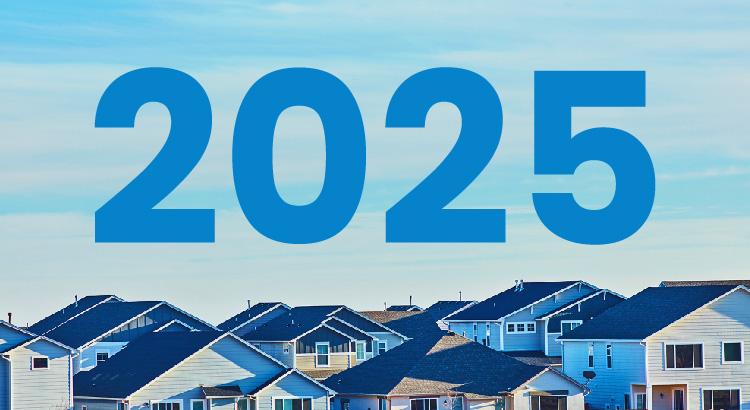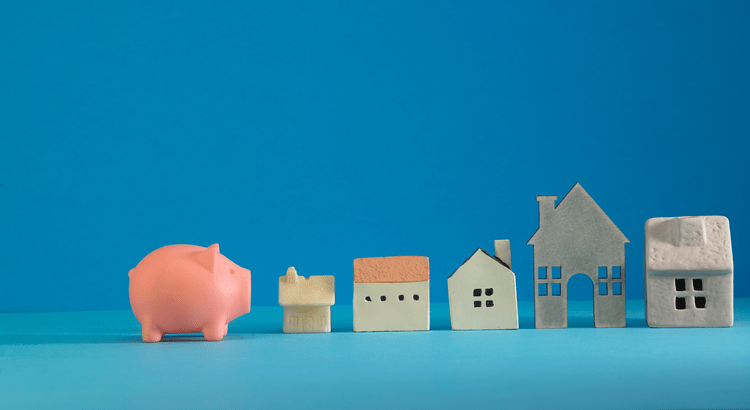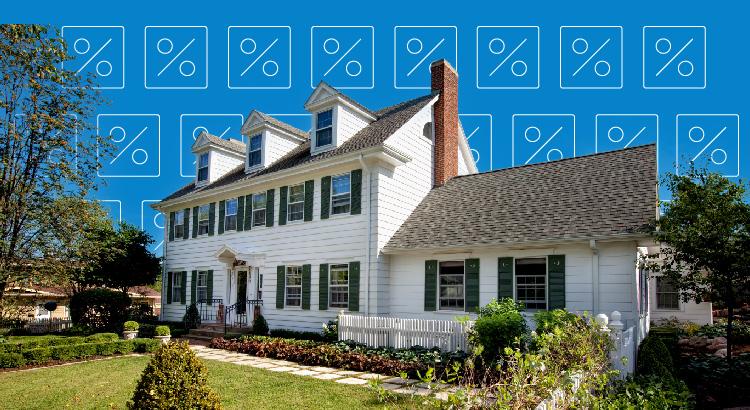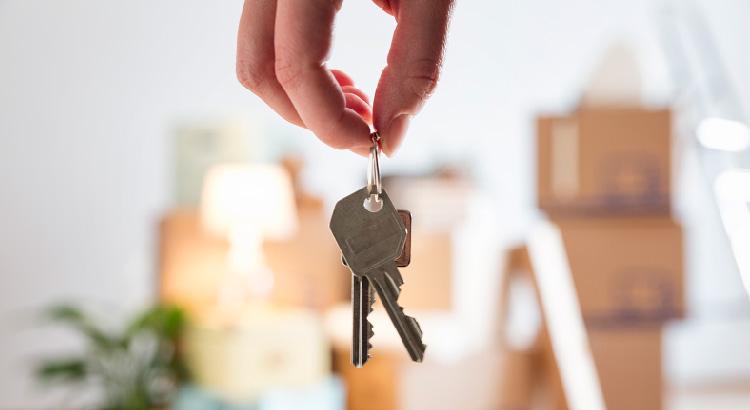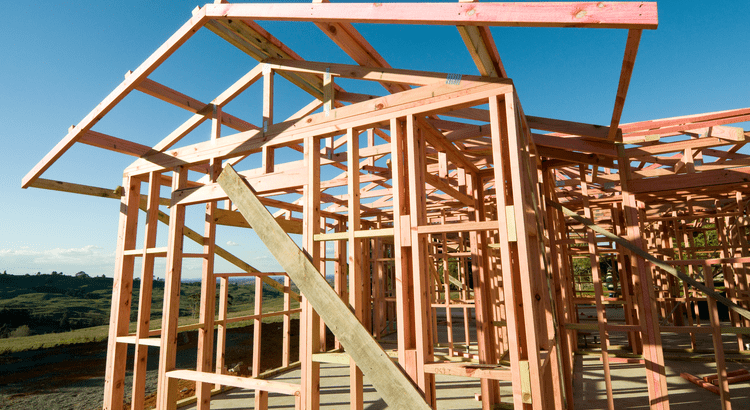Why More People Are Buying Multi-Generational Homes Today
Today, 17% of homebuyers are choosing multi-generational homes — that’s when you buy a house with your parents, adult children, or even distant relatives. What makes that noteworthy is that 17% is actually the highest level ever recorded by the National Association of Realtors (NAR). But what’s driv
When Is the Perfect Time To Move?
It’s easy to get caught up in the idea of waiting for the perfect moment to make your move – especially in today’s market. Maybe you’re holding out and hoping mortgage rates will drop, or that home prices will fall. But here’s what you need to realize: trying to time the market rarely works. And her
2025 Housing Market Forecasts
Some HighlightsWondering what to expect when you buy or sell a home this year? Here’s what the experts say lies ahead.Mortgage rates are projected to come down slightly. Home prices are forecast to rise in most areas. And, there will be more homes available for sale.Want to know more about what this
One Homebuying Step You Don’t Want To Skip: Pre-Approval
There’s one essential step in the homebuying process you may not know a whole lot about and that’s pre-approval. Here’s a rundown of what it is and why it’s so important right now.What Is Pre-Approval?Pre-approval is like getting a green light from a lender. It lets you know how much they’re willing
Roughly 11,000 Homes Will Sell Today – Will Yours Be One of Them?
Are you hesitant to sell your house because you’re worried no one’s buying with rates and prices where they are right now? Here’s some perspective that can help.The market actually isn’t at a standstill. While there weren’t as many sales last year as there’d be in a normal market, roughly 4.15 milli
The Truth About Credit Scores and Buying a Home
Your credit score plays a big role in the homebuying process. It’s one of the key factors lenders look at to determine which loan options you qualify for and what your terms might be. But there’s a myth about credit scores that may be holding some buyers back.The Myth: You Need To Have Perfect Credi
How Much Home Equity Have You Gained? The Answer Might Surprise You
Have you ever stopped to think about how much wealth you’ve built up just from being a homeowner? As home values rise, so does your net worth. And, if you’ve been in your house for a few years (or longer), there’s a good chance you’re sitting on a pile of equity — maybe even more than you realize.Wh
How Mortgage Rates Affect Your Monthly Payment
Some HighlightsExperts say rates will come down slightly in the year ahead – but some volatility is expected. So, you shouldn't try to time the market.Instead, it's better to focus on how even a small change impacts your future mortgage payment. As rates come down, even a little bit, your monthly pa
What To Save for When Buying a Home
Knowing what to budget for when buying a home may feel intimidating — but it doesn’t have to be. By understanding the costs you may encounter upfront, you can take control of the process.Here are just a few things experts say you should be thinking about as you plan ahead.1. Down PaymentSaving for y
Mortgage Forbearance: A Helpful Option for Homeowners Facing Challenges
Let’s face it – life can throw some curveballs. Whether it’s a job loss, unexpected bills, or a natural disaster, financial struggles can happen to anyone. But here’s the good news. If you’re a homeowner feeling the squeeze, there’s a lifeline that many people don’t realize is still available: mortg
Expert Forecasts for the 2025 Housing Market
Wondering what’s in store for the housing market this year? And more specifically, what it all means for you if you plan to buy or sell a home? The best way to get that information is to lean on the pros.Experts are constantly updating and revising their forecasts, so here’s the latest on two of the
Time in the Market Beats Timing the Market
Trying to decide whether it makes more sense to buy a home now or wait? There’s a lot to consider, from what’s happening in the market to your changing needs. But generally speaking, aiming to time the market isn’t a good strategy – there are too many factors at play for that to even be possible.Tha
Get Ready To Buy a Home in 2025
Some HighlightsIf buying a home is on your goal sheet this year, here’s how to make it happen.Focus on improving your credit, planning for your down payment, getting pre-approved, and prioritizing your wish list.But first, connect with a trusted agent and lender so you have expert advice every step
Home Staging FAQ: What You Need To Know
You may have heard that staging your home properly can make a big difference when you sell your house, but what exactly is home staging, and is it really worth your time and effort?Here are a few quick FAQs that can help you decide how much you should prioritize staging as you prep for your move.Wha
New Year, New Home: How To Make It Happen in 2025
This is the time when a lot of people take a moment to reflect and set their goals for this year. And as you picture what you want your 2025 to look like, one thing that may pop into your mind is the vision of you in a new home. But how do you get there? And where do you start?Here’s some advice tha
Simple Steps To Help You Save for Your First Home
Turning a dream into reality starts with one thing: a plan. And if buying your first home is on your list of goals, now’s the perfect time to put a plan in motion to help you save.And the best part? Reaching your savings goal doesn’t mean making huge sacrifices overnight – small, consistent steps ca
How Eco-Friendly Features Can Boost Your Home’s Value
Selling your house? Or just looking to increase the value and appeal of your home for when you do? Here’s something you should know – homebuyers are increasingly looking for homes with environmentally friendly features.What Energy Efficient Features Do Buyers Want?According to recent data from the N
Why More Sellers Are Hiring a Real Estate Agent
Some HighlightsMore homeowners are realizing they need an agent’s help in this complex market – and that’s why a record-low number of people are selling without a pro by their side.Without an agent’s help, tackling pricing, staging and repairs, paperwork, negotiation, and more can be a real headache
What’s Motivating More Buyers To Choose a Newly Built Home?
Planning to buy a home soon? Why not go for something brand-new? Because data shows a lot more buyers are seeing the appeal of new home construction these days – and you may find out it’s what you want too.The National Association of Realtors (NAR), explains that newly built homes accounted for 15%
The Personal Joys of Having a Home To Call Your Own
There’s no doubt that owning a home comes with significant financial benefits. And this time of year is a great time to reflect on the other reasons why owning a home is so meaningful.A house is more than four walls and a roof – it’s a place where memories are made, connections are built, and life h
Tim Reuss
Phone:+1(303) 601-9509



